'Every month since June 2023 has now ranked as the planet’s hottest... we are challenging everything on which we rely — our weather, our health, our water and our food security'
The effects of climate change 'reach right down into every aspect of the planet’s life, from the spread of disease to the profound changes wrought by rising sea levels and intensive storms,' writes our columnist Agromenes.
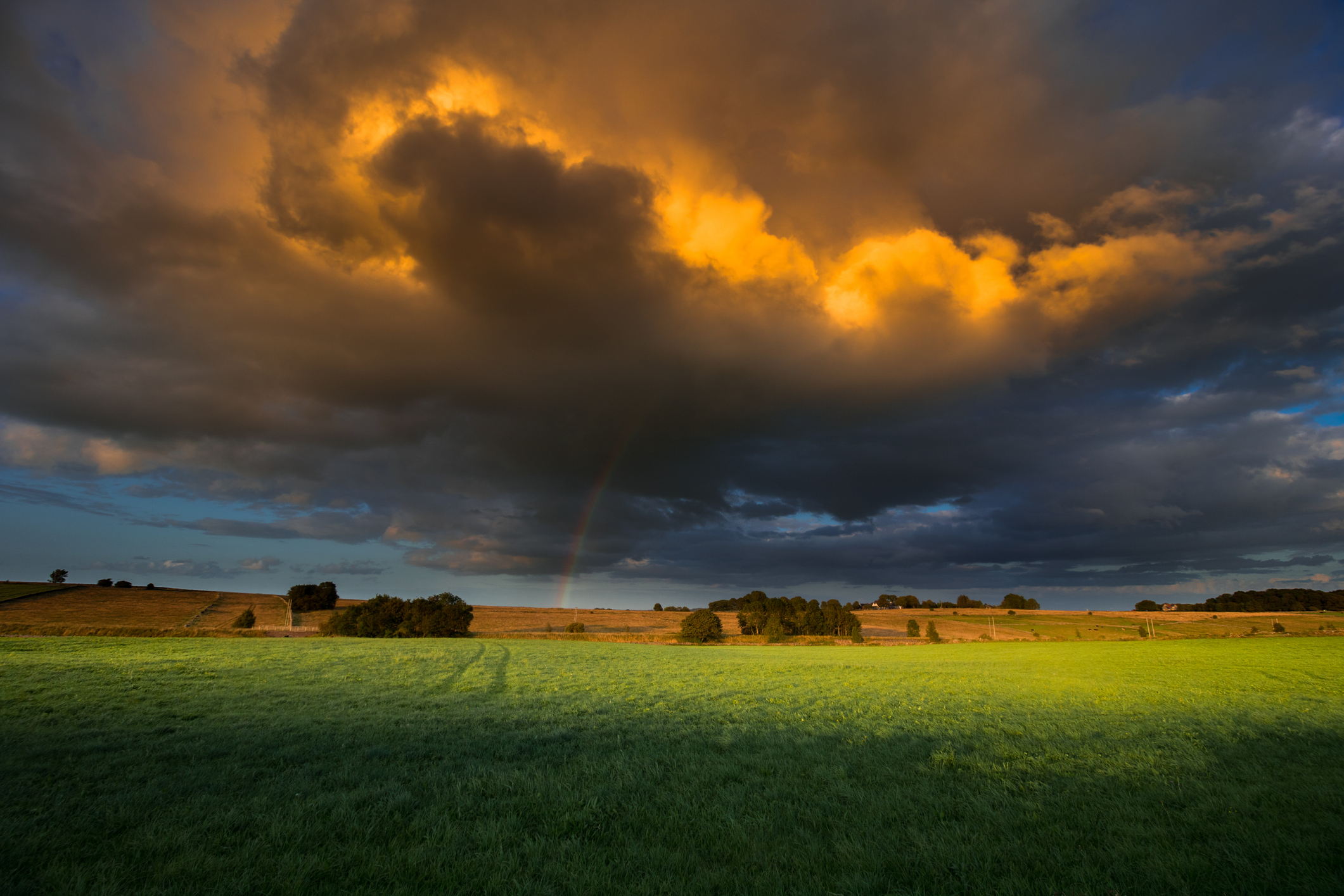

It was one of the few perfect days of this summer. Agromenes was in the garden listening to the bees gorging themselves on the lavender. Of course, we should have cut it all back by then, but we hadn’t the heart — the bees were enjoying it all so much. Where I was sitting, a large bumblebee was making its portly way through the grass. It was a worthwhile reminder of a threat of which we have only recently become aware.
Not only are bumblebees in danger because of habitat loss and chemical misuse, but recent research has shown that they are very much affected by the rise in temperature. Heat significantly reduces their sense of smell and, therefore, their ability to forage effectively for food. This is yet another example of the pervasiveness of climate disruption, reaching through the natural world — even here in these most favoured islands.
It was brought home again last week when livestock farmers in Essex, following their neighbours in Norfolk and Suffolk, were put under restriction because of the outbreak of bluetongue. Carried by midges, this nasty disease affects sheep and cattle and is often fatal. It doesn’t spread to humans, but it is seriously bad for animal welfare and disastrous for the incomes even of those whose flocks and herds remain healthy, because farmers are unable to move animals or market them freely.
Although normally found on the Continent, these midges have become a menace because they thrive in the warmer temperatures; increasing UK heat means that even the Isle of Man has banned imports to protect its farmers. No wonder country people are among those most concerned about climate change — our earlier springs and wetter autumns; the floods and the storms — we’re seeing it happening around us all the time.
"The effects reach right down into every aspect of the planet’s life, from the spread of disease to the profound changes wrought by rising sea levels and intensive storms"
Even so, this year we should be counting ourselves very lucky. We may bemoan the patchy summer, but we have been spared the searingly hot weather that has afflicted so much of southern Europe. The latest news from Greece will serve as a particularly sharp reminder. Very nearly 50% of the population is provided with water from Lake Mornos. It’s a manmade lake that, some 45 years ago, flooded the village of Kallio and was 6½ square miles in area. In the past two years, it has shrunk to 4½ square miles and the village is re-emerging. No snow on the mountains, drought and heatwaves mean that water is now rationed and people must seek alternative supplies.
It’s the same story in Sicily and Sardinia, Italy, where severe drought over the past year means that wheat farmers have lost half their harvest, water rationing has become essential and reservoirs remain seriously depleted. All of this is not surprising, given that this year has already seen the hottest day ever recorded — only for that record to be beaten a day later. Indeed, every month since June 2023 has now ranked as the planet’s hottest, compared with the same month in previous years. No wonder so many Britons are changing the holiday habits of a lifetime now their favourite destinations are simply too hot.
The plight of the bumblebee should remind us that climate change is not only about the big things — the droughts and wildfires that this year have afflicted southern Europe, Asia and North America. The effects reach right down into every aspect of the planet’s life, from the spread of disease among humans, animals and plants to the profound changes wrought by ever-rising sea levels and increasingly intensive rain and storms. Through our addiction to fossil fuels, we are challenging everything on which we rely — our weather, our health, our water and our food security. We must stop.
Sign up for the Country Life Newsletter
Exquisite houses, the beauty of Nature, and how to get the most from your life, straight to your inbox.
Country Life is unlike any other magazine: the only glossy weekly on the newsstand and the only magazine that has been guest-edited by HRH The King not once, but twice. It is a celebration of modern rural life and all its diverse joys and pleasures — that was first published in Queen Victoria's Diamond Jubilee year. Our eclectic mixture of witty and informative content — from the most up-to-date property news and commentary and a coveted glimpse inside some of the UK's best houses and gardens, to gardening, the arts and interior design, written by experts in their field — still cannot be found in print or online, anywhere else.
-
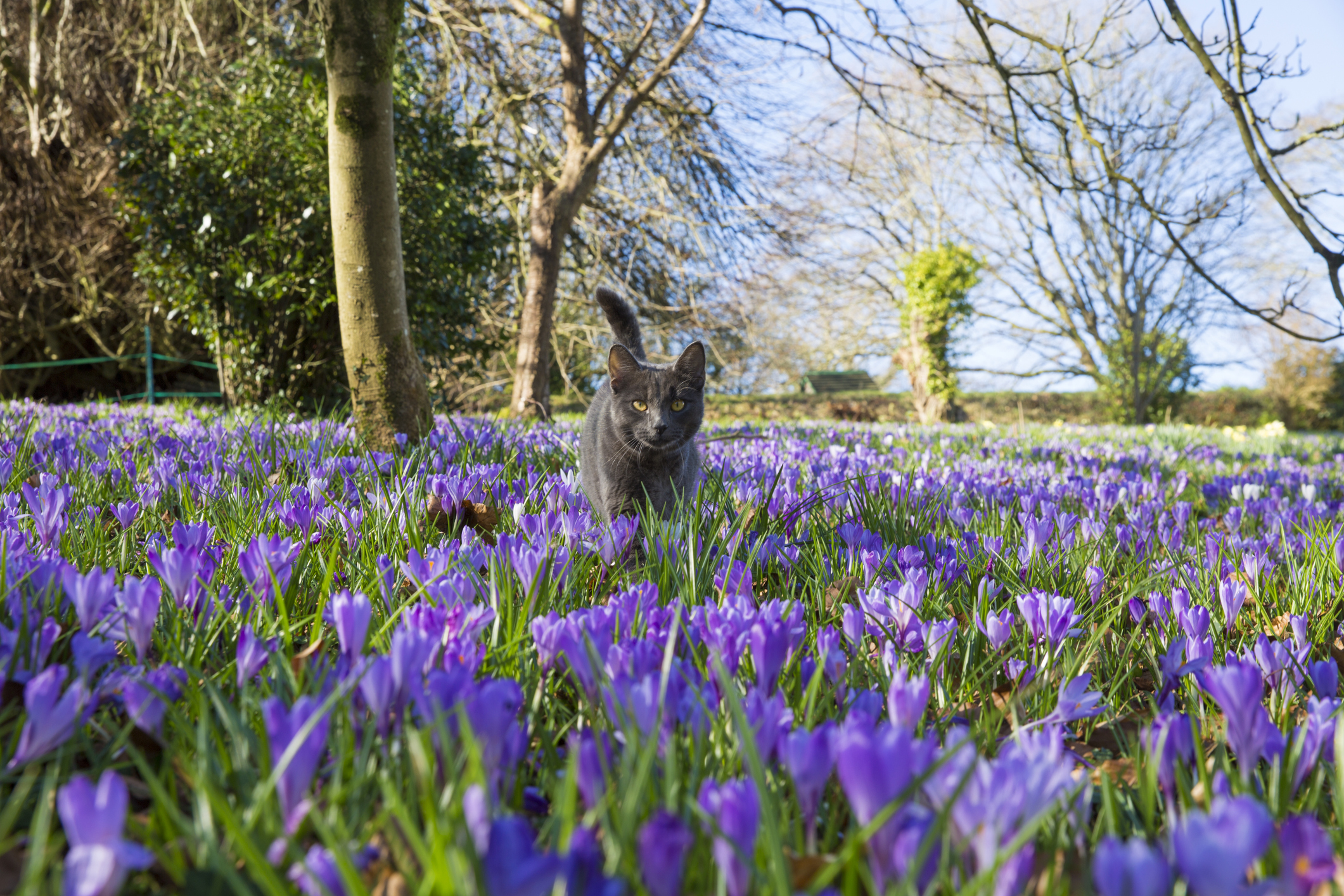 The King's favourite tea, conclave and spring flowers: Country Life Quiz of the Day, April 22, 2025
The King's favourite tea, conclave and spring flowers: Country Life Quiz of the Day, April 22, 2025Tuesday's Quiz of the Day blows smoke, tells the time and more.
By Toby Keel
-
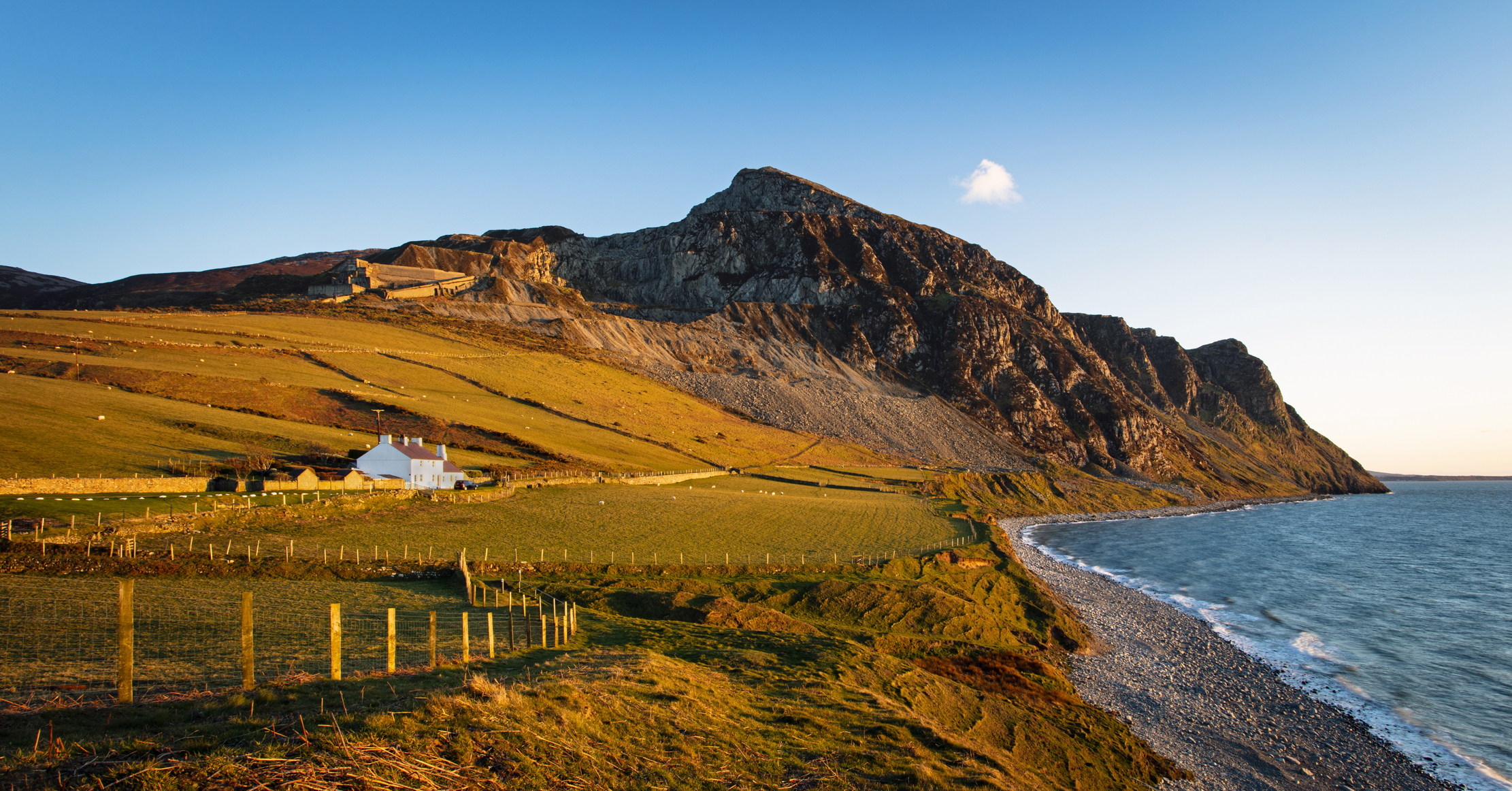 London is the place for me* (*the discerning property buyer)
London is the place for me* (*the discerning property buyer)With more buyers looking at London than anywhere else, is the 'race for space' finally over?
By Annabel Dixon
-
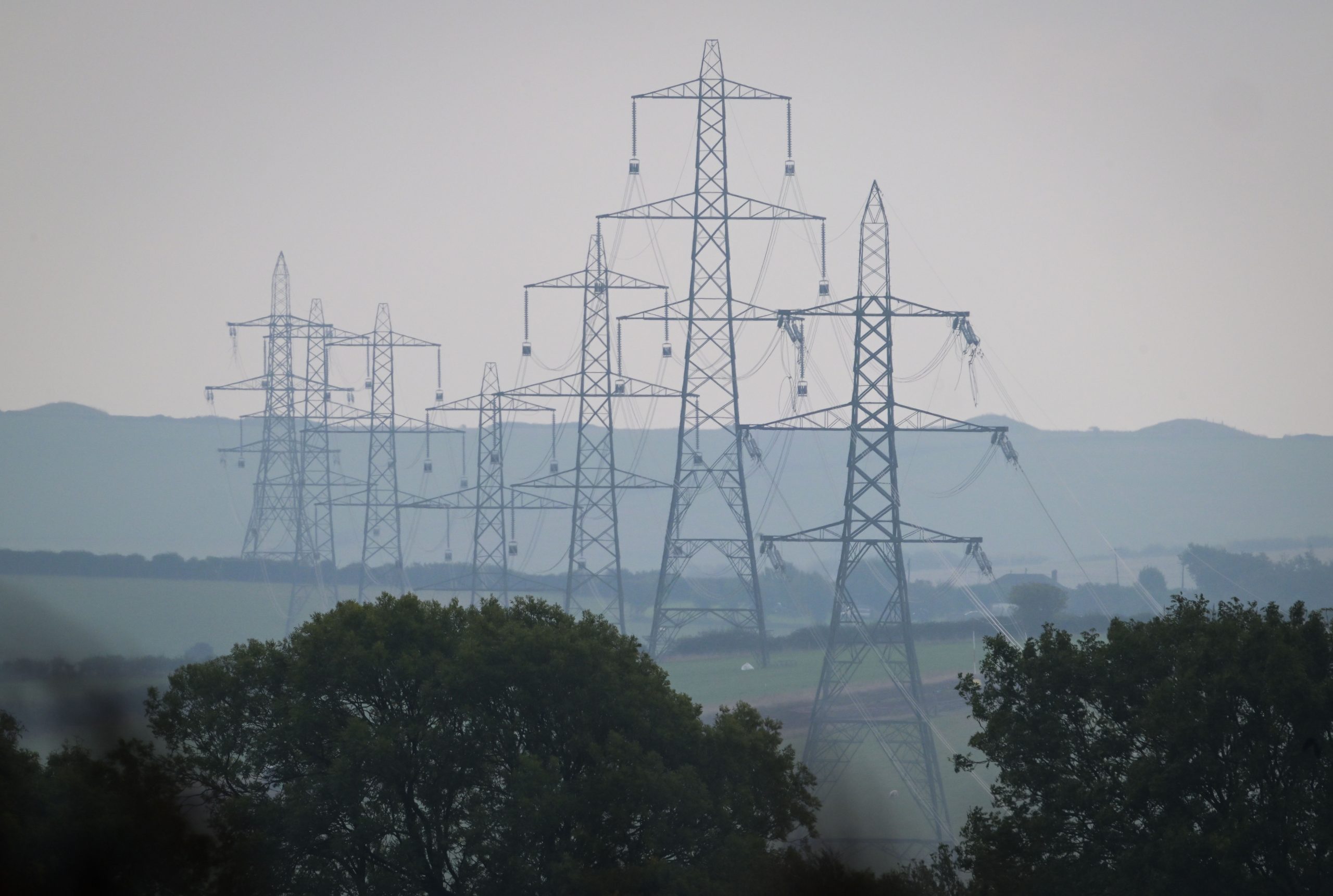 Opinion: We can't possibly keep producing electricity the old way — and those campaigning against wind turbines and solar farms need to lay down their placards
Opinion: We can't possibly keep producing electricity the old way — and those campaigning against wind turbines and solar farms need to lay down their placardsCountry Life's columnist Agromenes delivers a powerful and heartfelt message in praise of progress.
By Country Life
-
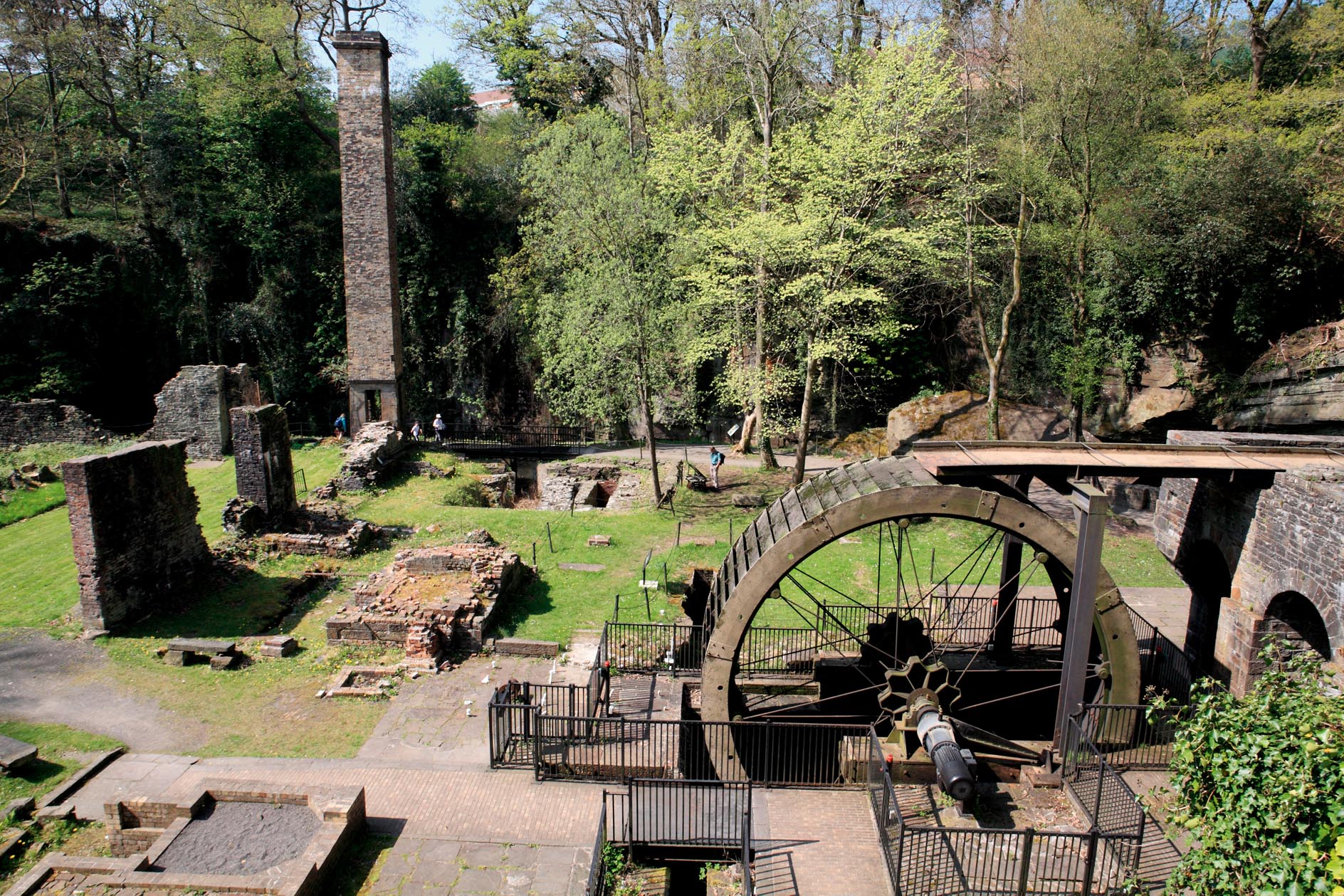 Curious Questions: Can ancient technology of wind, water and hot springs help make a sustainable future?
Curious Questions: Can ancient technology of wind, water and hot springs help make a sustainable future?The UK is switching on to a future of home-grown, greener power — and yet this future is drawing on the past. Jonathan Lee revisits the renewable revolution that started right here.
By Country Life
-
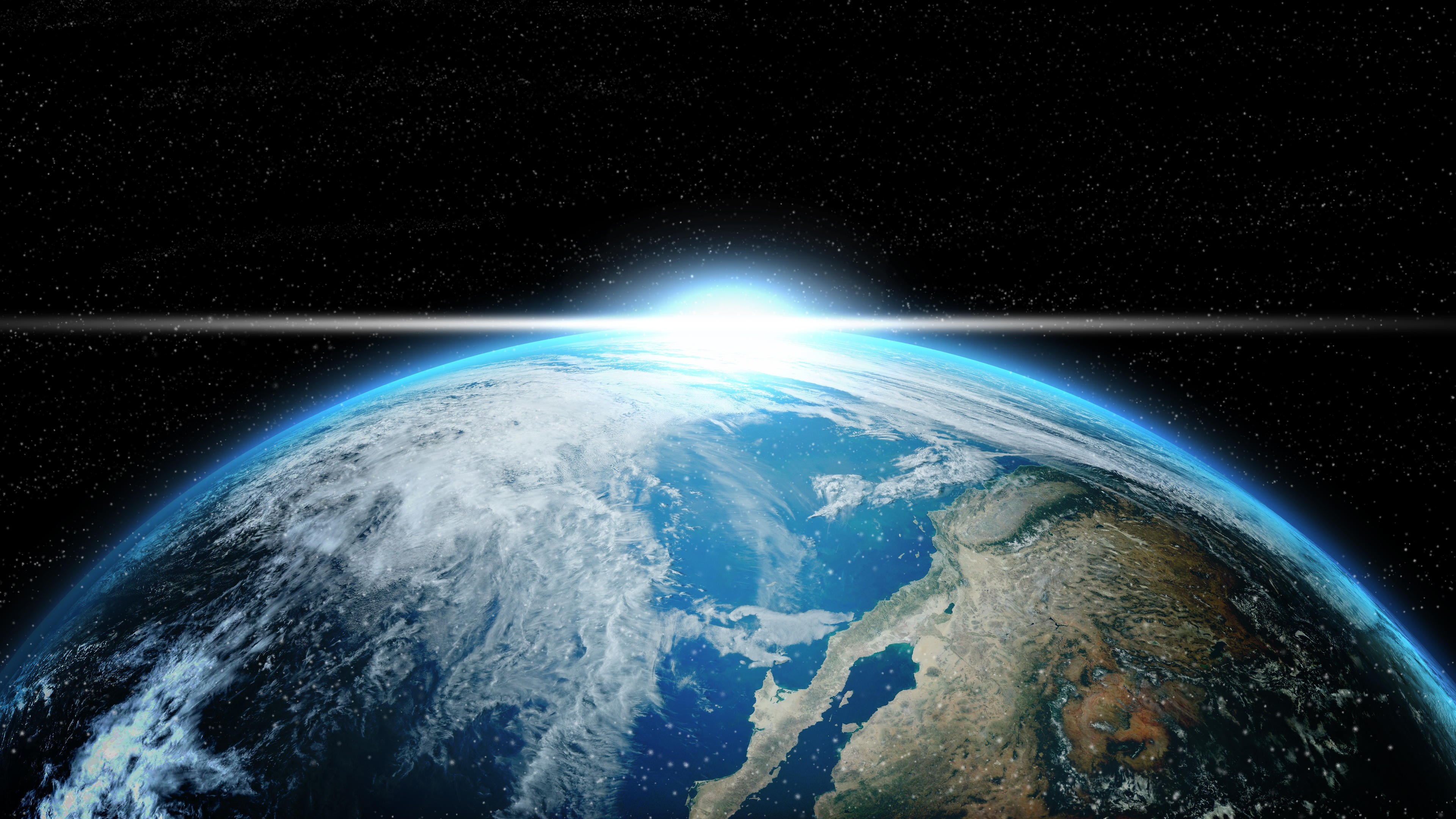 10 sustainability myths busted, and six things you can do to make a real difference
10 sustainability myths busted, and six things you can do to make a real difference'It is the greatest of all mistakes to do nothing because you can only do a little — do what you can,’ wrote Sydney Smith some two centuries ago, but his words are the perfect reason why we should all do what we can to save the planet. The problem is that it's hard to know just what to do; Jonathan Self pores through the confusing and sometimes contradictory information to help.
By Jonathan Self
-
 Jason Goodwin: 'My own predictions would be for the return of fountain pens and safety razors'
Jason Goodwin: 'My own predictions would be for the return of fountain pens and safety razors'Jason Goodwin suspects that shag carpets may not be making a comeback, but praises the few things that Brexit could bring to our doorsteps – especially those which significantly lessen our environmental impact.
By Jason Goodwin
-
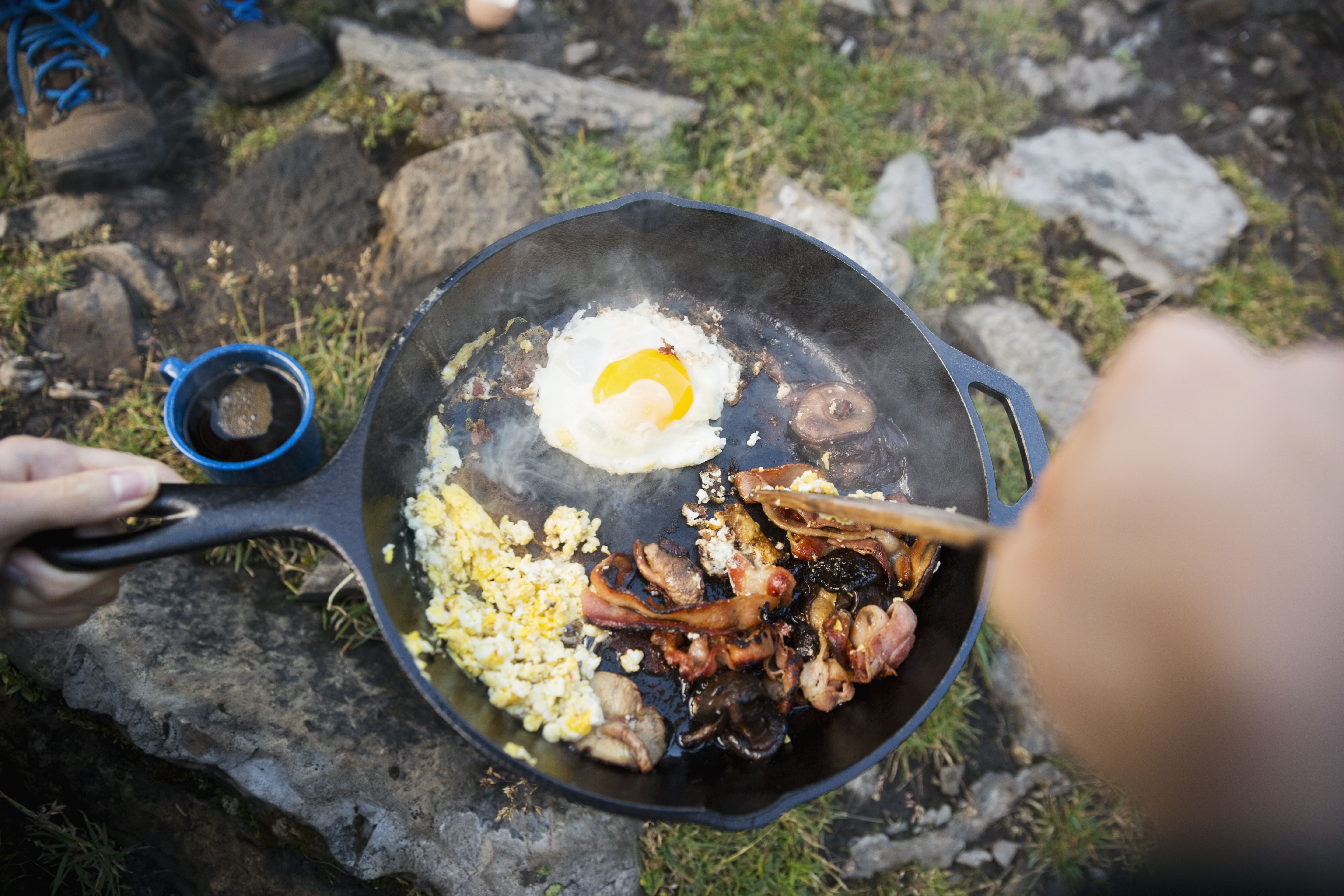 Jason Goodwin: 'Insofar as anything made of stainless steel can be considered a member of the family, I loved that pan like a brother'
Jason Goodwin: 'Insofar as anything made of stainless steel can be considered a member of the family, I loved that pan like a brother'Our spectator columnist Jason Goodwin dons his cape and ventures off to save the planet, one lifetime guarantee frying pan at a time.
By Jason Goodwin
-
 'She’s not someone you easily imagine in wellies': The challenges faced by Theresa Villiers, Defra's new chief
'She’s not someone you easily imagine in wellies': The challenges faced by Theresa Villiers, Defra's new chiefCountry Life's columnist Agronomes chips in on the problems that await Theresa Villiers, the new Secretary of State in charge of the Department of the Environment, Fisheries and Rural Affairs.
By Country Life
-
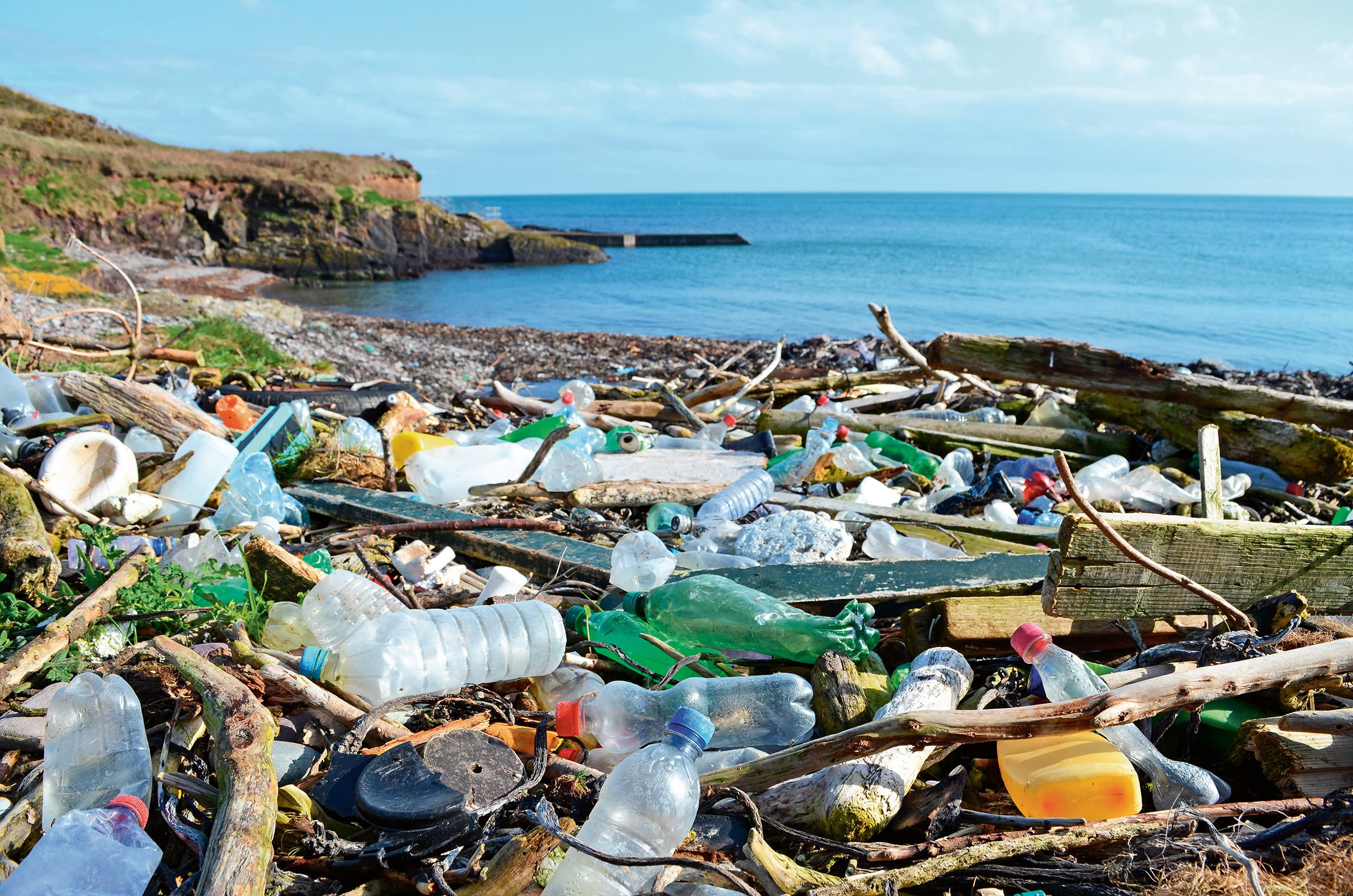 Jonathan Self: ‘Going plastic-free for a week – how hard can it be? Jolly hard is the answer’
Jonathan Self: ‘Going plastic-free for a week – how hard can it be? Jolly hard is the answer’Jonathan Self finds that eschewing plastic for a week is testing, but achievable, even if his quest for locally grown strawberries packed in wooden punnets proves fruitless.
By Jonathan Self